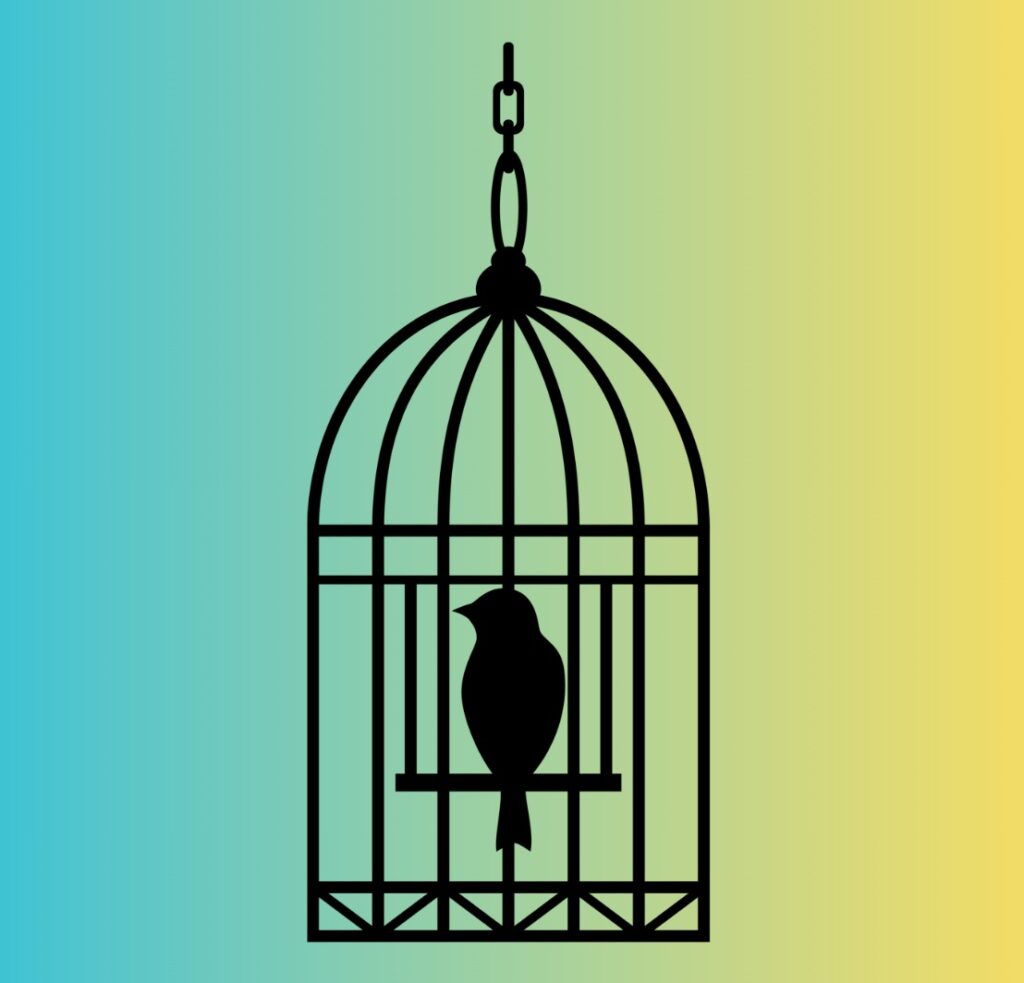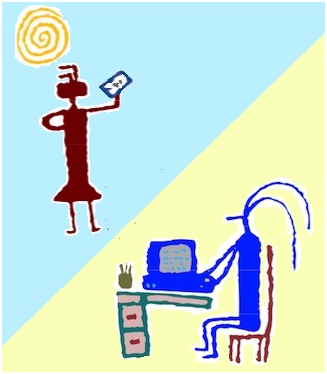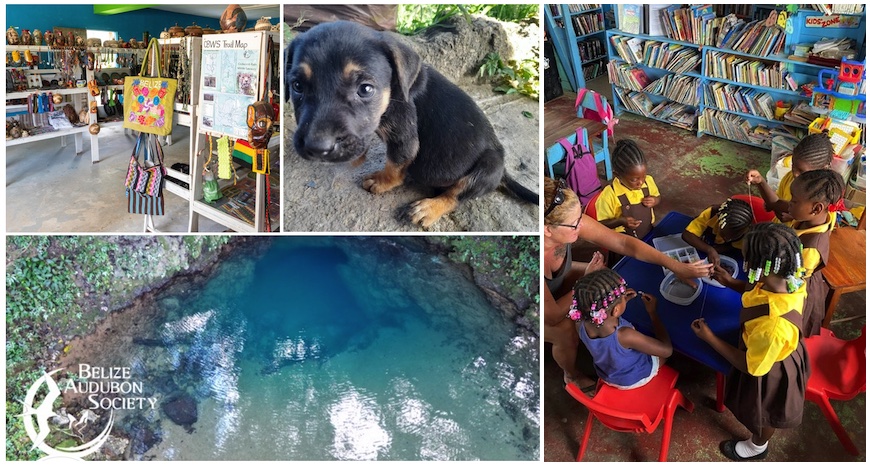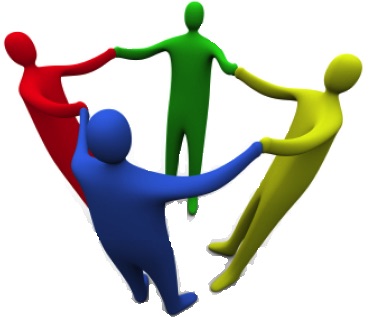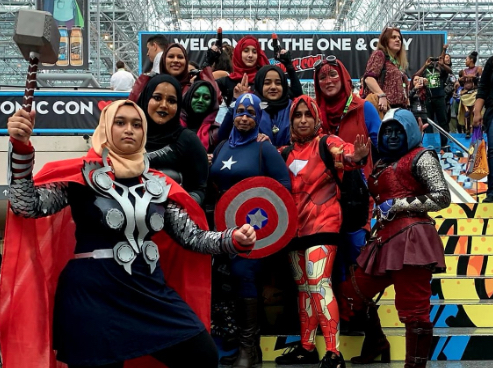
The following comment is on a subreddit now, posted anonymously (and I have a screen capture in case it gets deleted):
Welp, it finally happened. The national office of the small non-profit I work for has asked the whole organization to remove any DEI related language from our website and social media. Not because their stance on supporting DEI has changed, but because they are afraid that the current administration will cut our federal funding.
This goes beyond removing any “diversity and inclusion” statements. They are asking us to remove all individual instances & variations of the words diversity, equity, and inclusion.
I’m pushing back. I won’t win, but I’ll push back anyways.
My advice to this web site manager, and to everyone else: say no. I wrote in directly to word his “no” this way, in writing:
I will not remove language on the web site with regard to diversity, equity or inclusion. I will not remove information from the web site regarding any aspects of human rights or civil rights. If management wants this removed, you will have to do this yourself. If you want to reprimand me, I request that the reprimand be in writing, and please detail the exact language I was refusing to remove. I cannot in good conscience commit the actions you are asking me to.
The likelihood of being fired for this is REALLY remote at a nonprofit, because they are terrified of bad publicity.
I also suggested leaking that the nonprofit HQ was asking affiliates to do this to a credible media outlet, and to keep doing so until someone picks up the story and asks the HQ for comment.
None of this is to punish the nonprofit. But if a nonprofit can be pressured “from the top”, why not from elsewhere, and to actually do the RIGHT thing? Some in senior management will no doubt be grateful that their staff is showing true character and saying no, and that the press has the story and the public can understand what is happening and pressure the nonprofit NOT to do this.
So, to be clear:
If you, a staff person, are asked by a senior staff member or your organization’s HQ to remove information on your web site or social media that affirms any commitment to diversity, equity or inclusion, or that supports racial equality or social justice, you should first ask for the request to be in writing. Say that you cannot follow-up on any such request unless it is in writing. And then, when the request comes in writing, leak it to the press and also refuse to delete the information. Tell management they can do it themselves, but you won’t.
Other ways you can stand up for core values of civility, human rights and dignity:
- If you are asked by a funder to remove information on your web site or social media that affirms any commitment to diversity, equity or inclusion, or that supports racial equality or social justice, ask for the request to be in writing. Say that you cannot follow-up on any such request unless it is in writing. And then, when the request comes in writing, leak it to the press and also refuse to delete the information.
- If not removing the language would jeopardize an amount of funding that, if lost, would harm your clients, then remove the language and put a press release on your web site stating that you are removing the funding at the request of whomever is making the request (NAME THEM), have a scan of their communication asking or telling you to do this linked from the web page, and tell people if they would like to see the pre-censored version of the web pages you had to alter, to go to archive.org and look such up. Be sure to share on social media that this is happening.
- Do not comply with any request by phone from the federal government that involves turning over client or staff personal information to a federal office; tell the requester that the request must be in writing. Consult legal counsel regarding whether or not you legally have to do it.
- Post on social media about your organization’s commitment to diversity, equity and inclusion, or about activities your organization undertakes regarding such, or regarding related to racial equality or social justice, at least every quarter.
- Attend public events by nonprofit in your area that are focused on serving minority communities, such as immigrants, refugees, local LBGTQ people, etc. Share a photo of yourself on social media with a member of that nonprofit, celebrating that you are together at the event.
- Like, and if it’s appropriate, share, on your own social media account, posts of organizations in your area that support refugees and immigrants, LBGTQ people, and anyone else targeted by the current executive branch of government.
- Go on social media using your organization’s profile and “like” the posts by your area’s elected officials and government offices that acknowledge diversity, equity and inclusion, racial equity, social justice issues, ALL religious holidays, etc.
- Post acknowledgements at the start of Black History Month (February), Asian American, Native Hawaiian and Pacific Islander Heritage Month (May), Pride Month (June), National Hispanic Heritage Month is annually observed (September 15 to October 15), and National American Indian Heritage Month (November).
- Post acknowledgements of a diversity of religiously-affiliated and “patriot”-affiliated celebratory days:
- MLK Day
- Chinese New Year
- Easter (and perhaps Eastern Orthodox Easter as well, depending on your community)
- First and Last days of Ramadan (varies each year – in 2025, it may start on Friday, Feb. 28, or Saturday, March 1, 2025)
- Armed Forces Day (People currently serving in the United States military – celebrate on the third Saturday in May).
- Memorial Day (last Monday in May)
- July 4th
- Labor Day (first Monday in September)
- Veterans Day November 11
- Rosh Hashanah
- Yom Kuppur
- Christmas.
- Tell your volunteers they have the right to refuse the Presidential Service Award. Encourage anyone who will do so to write the office in charge and your executive director to say they will be refusing it for at least the next four years.
- If you have to refer to these regions, then make sure you call them what they are: the Gulf of Mexico and Denali. And spell it Kyiv.
- Have a plan for what to do if the police or federal law enforcement, such as ICE, shows up at your organization. Make sure all staff know that the first thing to do is to call the Executive Director and to say, “I am not authorized to give you permission to search these premises.” Even if they have a warrant and the Executive has to relent, create time for clients and others to leave the area.
Addition on February 13, from a colleague on LinkedIn:
- Practical protection for nonprofits – Check your recent email subscribers to see if there was recently added DEIAreports[@]opm[.]gov as a subscription, meant to monitor DEIA activity.
- Consider temporarily filtering out anyone with .gov email, as the current executive order requires government workers to report any DEIA efforts or face adverse actions.
A final thought on the seriousness of what is happening:
Ever wonder what you would have done at the darkest times of history – when Nazis were about to take over all of Europe and were murdering millions of people, most of them Jewish? When black people were enslaved and tortured regularly and systematically in the USA? During the US Civil Rights movement? When the mass murders of ethnic groups was happening in Rwanda or Srebrenica? – Well, you are doing it now.
BTW, I’m jeopardizing my own career, such that it is, by suggesting all this. Yet, here I am.
Have more ideas? Share them in the comments.


